Traceability
We are proud that all the meat we sell if fully traceable. The beef, lamb and pork we sell is all sourced from our own farm – there aren’t many online retailers who can make this claim. This is because we are farmers at heart and our business all revolves around the sustainability of our farm. Our farmers hand pick the livestock each week to ensure we take the very best stock to the abattoir. We have our own stock trailer on the farm and transport the animals ourselves so we can be sure they are handled as we expect. If you visit the farm shop, you will see on the counter a chalk board with all the details of that week’s beef including its individual ear tag number. This information is also avaliable at the bottom of every beef product page - we have this information so not sharing it with you, our customers is a waste!
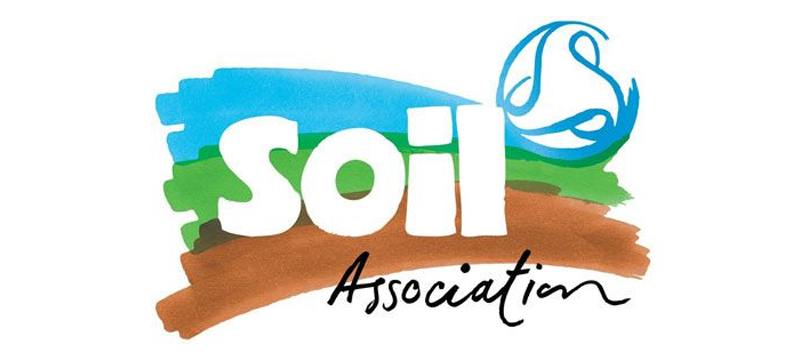
Our cattle and sheep are registered with the Soil Association and reared to their organic standards, however we do not market or label our beef or lamb as organic as we currently do not use a registered organic abattoir. We try to minimise the miles our animals travel to the abattoir which instead means using the one most local to us. We also have a strong working relationship with this local abattoir and know all of the staff who work in the lairage and have confidence they treat our animals with as much respect as we would at the farm. As a result, although our cattle and sheep are all organically reared on the farm, we do not label the beef or lamb itself as organic.
Relationships with other farmers – a note from Ben our farmer.
On the farm we now have 185 Aberdeen Angus, Longhorn and Hereford Cattle, 250 sheep with all the lambs and about 40 Gloucester Old Spot Pigs. I cannot believe that when we started, we only had 11 cattle, 6 pigs and 6 sheep. These few livestock were the foundations for our farming business and by adding value to these and other livestock, we subsequently have managed to keep building up the farming business into a sustainable venture. As the demand for our products increases, we are very aware we do not want to intensify Fordhall and will always continue to keep our pigs free range and cattle and sheep reared purely on grass.
Our solution to this is to build relationships with other likeminded farmers. We have already built a strong relationship with Rush Farm in Redditch. Rush Farm are also organic and Pasture for Life certified. By buying young stock from them, we can be confident the stock is good stock and we always agree a price each year which we are both happy with to make the sale work for us both. We buy young cattle and sheep from Rush Farm which we bring to Fordhall and fatten on our grassland. We also have some of their older cattle which we use to produce burgers for the catering trailers. These older cattle make great burgers as they have a bit more fat in them and the maturity of the meat adds lots of flavour - win win.
Working with local pig farmers has always been a tricky one as there is not another local pig farmer which has the flexibility to help fill our gaps with free range Gloucester Old Spots. Therefore we rear enough Gloucester Old Spot pigs to always fulfil the farm shop and online shop demand. So far, this has worked pretty well with juggling the pigs not getting too fat and always having enough to keep up with busy periods.
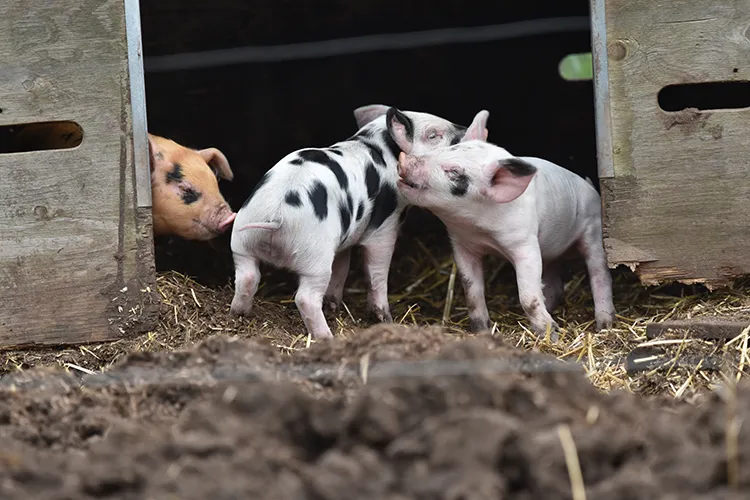
Occasionally we will buy some Gloucester Old Spot weaners from the local market if we think we will have a gap, maybe in a situation where a sow goes barren and doesn’t get pregnant, or if a sow loses a litter of piglets which unfortunately does occasionally happen, especially with the weather we had last winter. Like with the cattle and burgers, we will use our old breeding sows to make sausages for the farm shop and catering trucks. While demand in the farm shop uses up most of the fresh pork from the cutting pigs we rear, we do not always have spare pork shoulders to make sausages. So here, to keep up with sausage supplies, we buy gilts and sows from local farmers through the local cattle market. We try and buy Gloucester Old Spots as often as we can. We actually prefer them to be smaller and a bit leaner so we can fatten them up here at the farm in our paddocks with our own feed. These pigs stay on the farm in the paddock near the farm shop which you can see from the carpark. You can often see them wallowing in the mud when you visit. If there are Gloucester Old Spots in the market the auctioneer will sometimes call me to let me know so I can pop down.
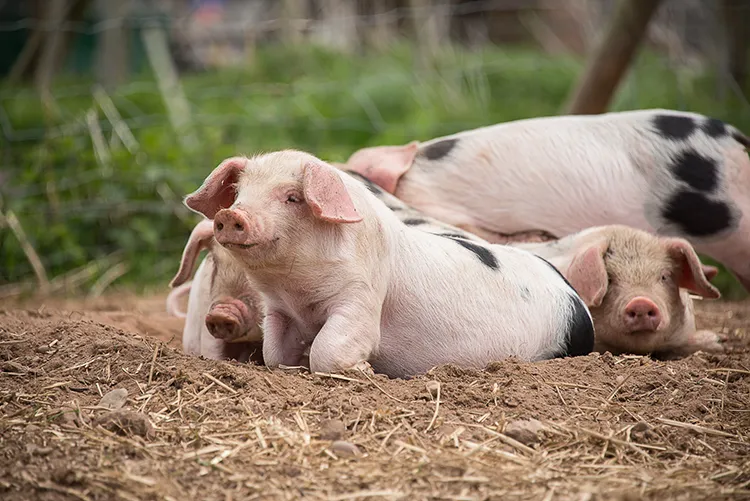
In the instances we need pigs to fatten on the farm for sausages but there are no Gloucester Old Spots, we try and buy other traditional breeds too. In the past, we have had Saddlebacks, Large Whites, British Lops and Berkshires. These pigs will not have always been Free Range before we buy them, so we make sure when they come to us they have lots of space to root and socialise and be outside. It’s interesting that when we bring these pigs to the farm, especially in the summer, they often sleep outside in the paddock rather than in the pig ark. Often these pigs have not been around electric fences before so sometimes will touch the fence once or twice while they learn what it’s all about, but pigs are very smart and learn super quickly not to touch the little thin wire around the edge of their paddocks. Sometimes when we have had a new batch of pigs arrive on the farm you might hear them make a noise when they touch the wire, but don’t worry I have touched it plenty of times myself and doesn’t do us any harm, but we soon learn!!
I enjoy going to the market as it brings back nice memories from when we were younger and used to visit the market with Dad to buy pigs or calves. It would usually be in the school holidays when we would be able to go as the market in Drayton was a Wednesday and Shrewsbury market was always on a Tuesday. We would always go to the café and have a cake and a drink, and Dad would always spend time chatting to other farmers. The livestock markets are an important place for farmers to socialise. Catching up and getting updates on the agricultural industry from other farmers experience is really important. We are lucky that with all the people around Fordhall and with all the projects and enterprises, it’s never a lonely place.
For many farmers working alone on the farm, markets give that bit of a chance to get off the farm and chat about issues or problems they might need help with. I sometimes see farmers at the market who knew Dad and enjoy chatting to them about what we are up to and their memories of Dad. Only a few weeks ago I was in the café with my son Jamie in the school holidays after buying some pigs and we saw a chap called Frank Shropshire who used to sell calves to Dad when I was young. It was nice to catch up with him and chat about his memories of Dad.
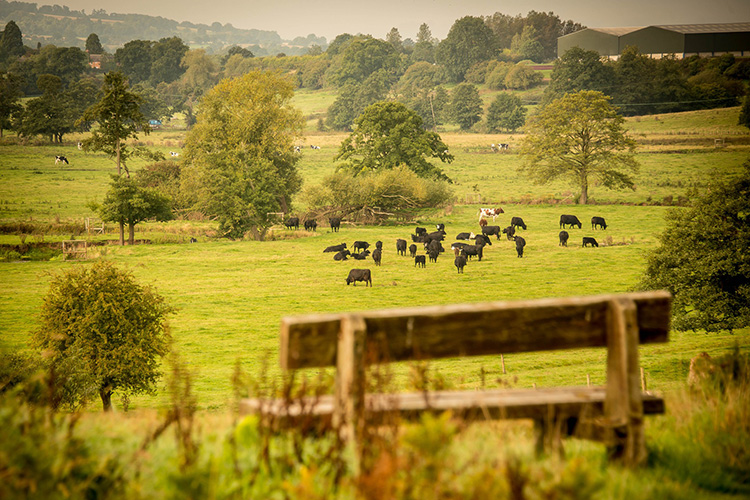
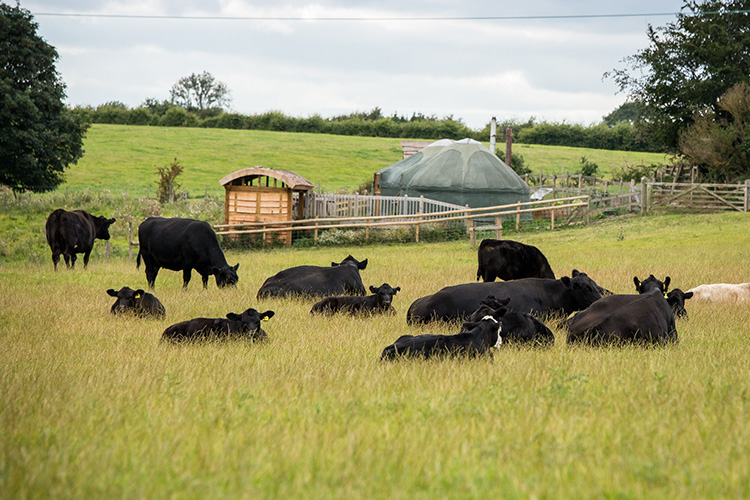
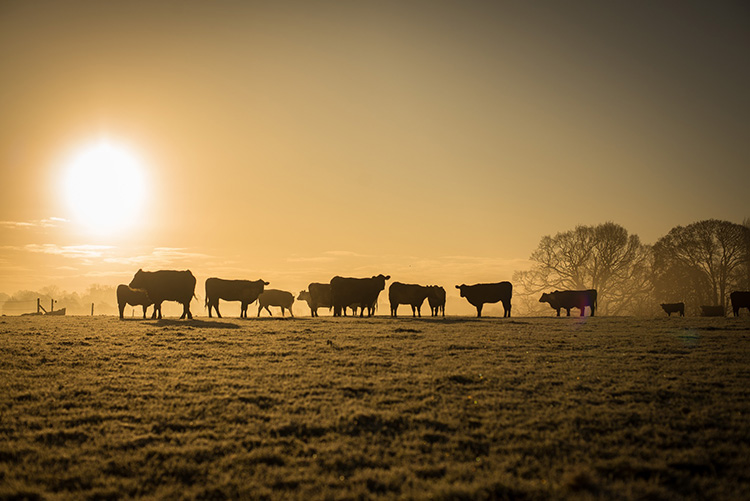

 Sign in
Sign in



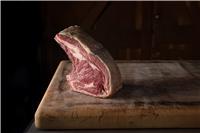
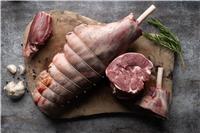
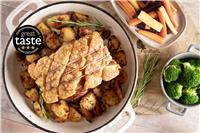
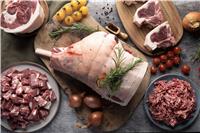
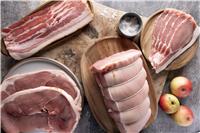
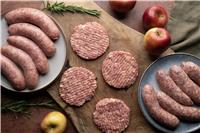
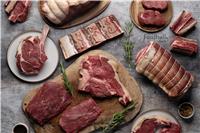
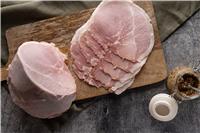
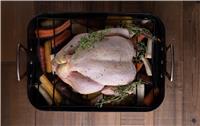
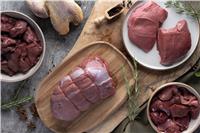
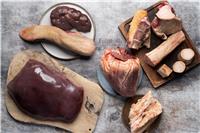
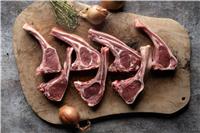
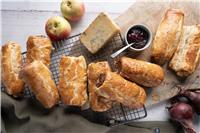
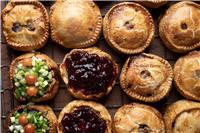
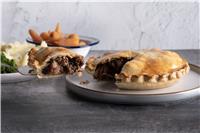

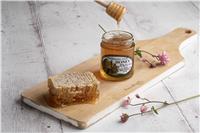

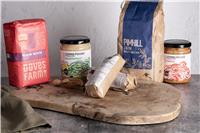
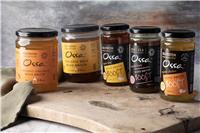

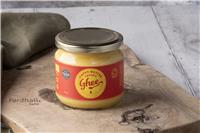
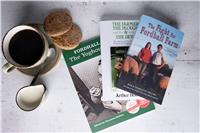
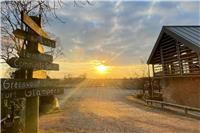

 BACK
BACK